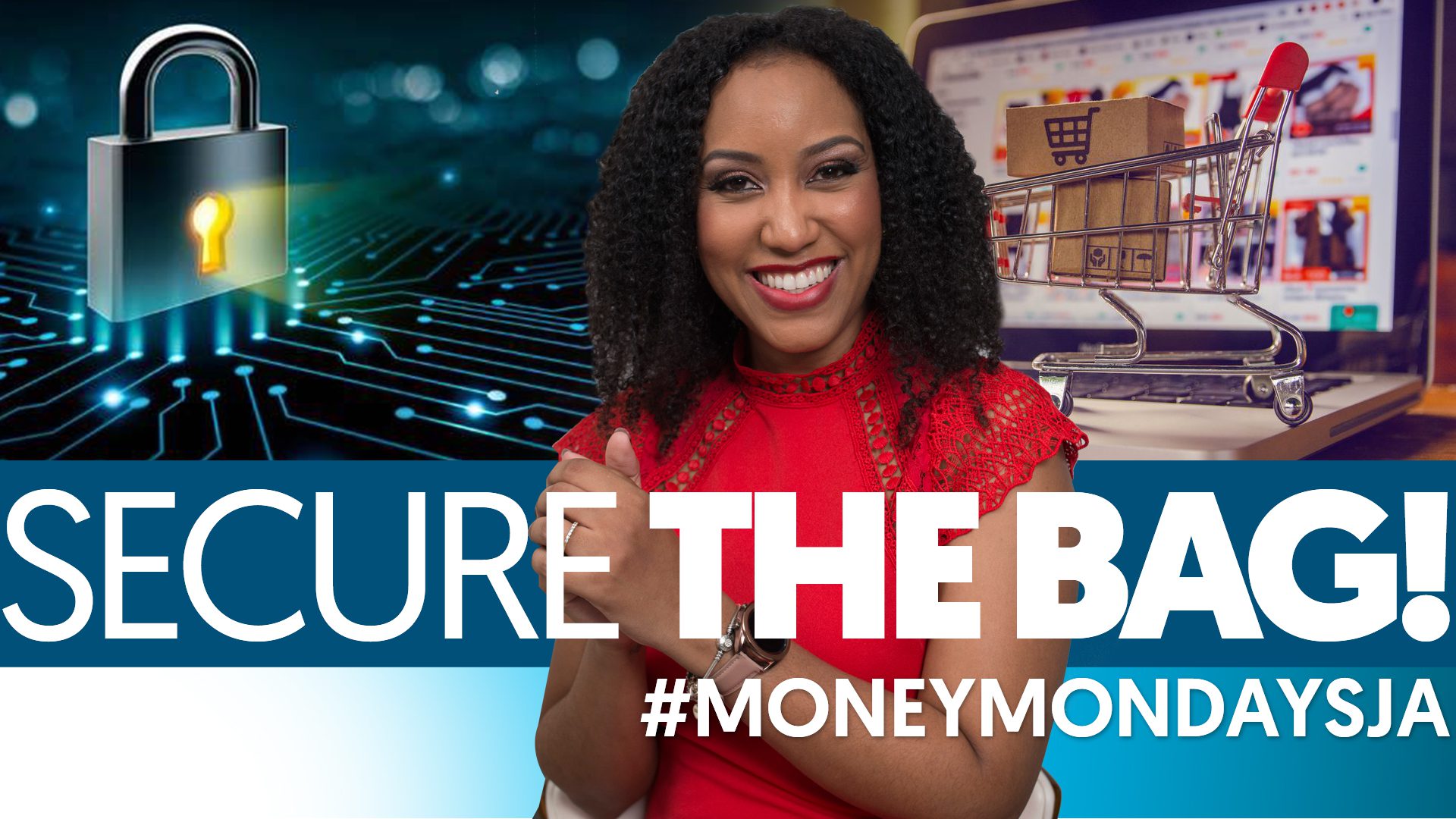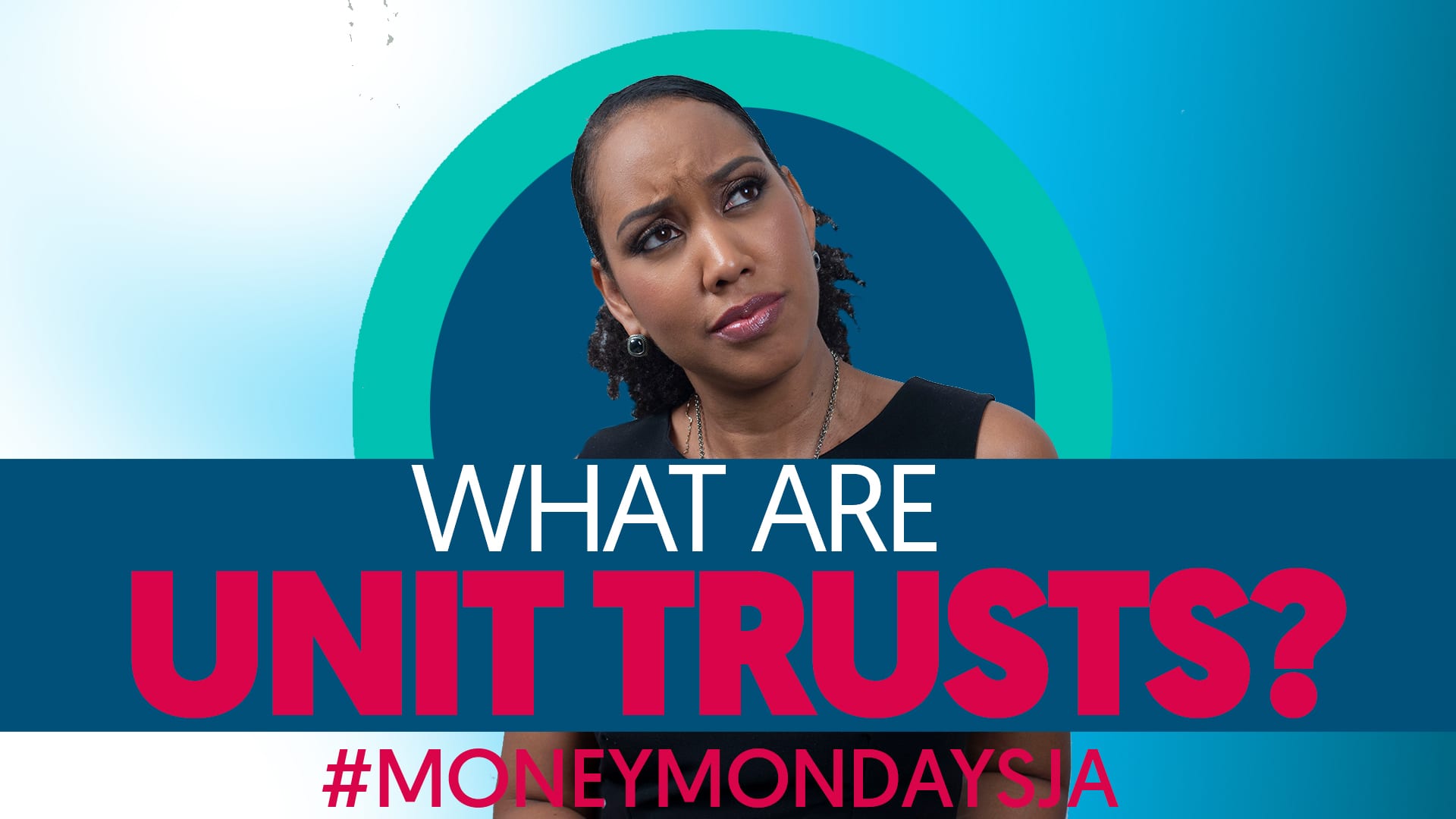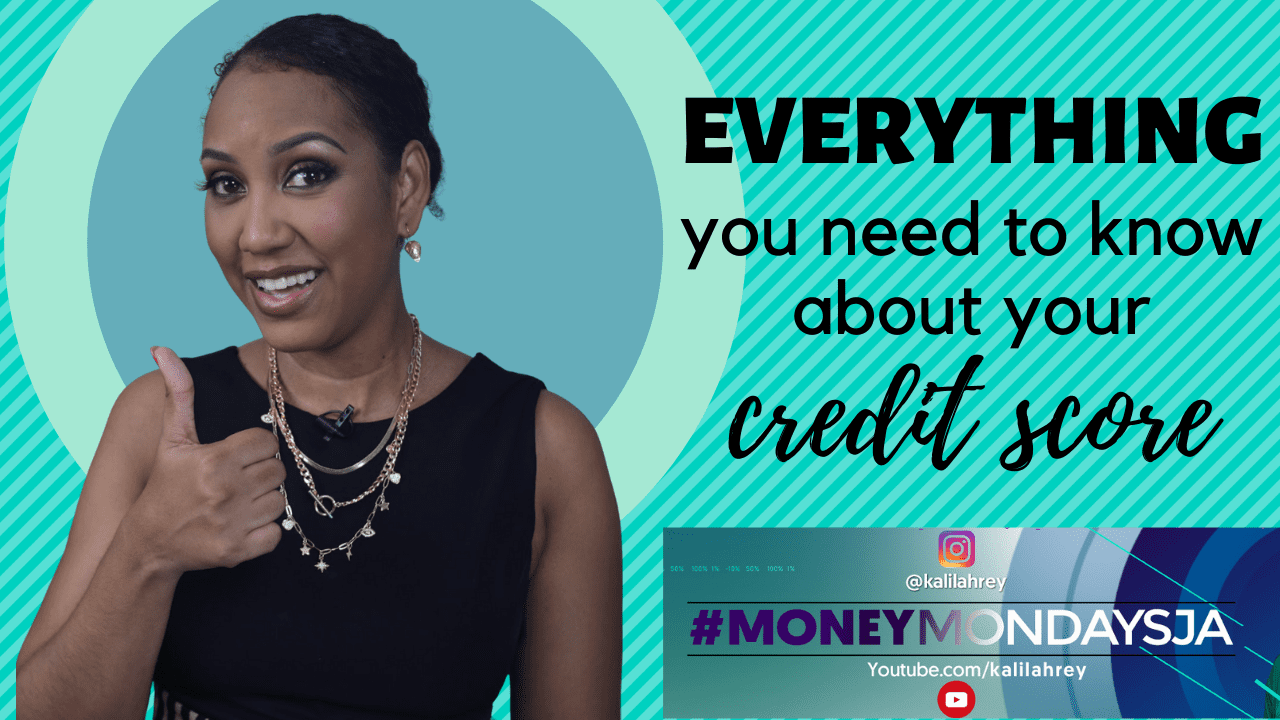We spend a lot of time learning how to ‘‘secure the bag’’, making sure that we have money saved up for a rainy day. But how many of us have checked to ensure that our bag is actually secure, especially since so many of us do business online.
TRANSCRIPT
We spend a lot of time learning how to ‘‘secure the bag’’, making sure that we have money saved up for a rainy day, but how many of us have checked to ensure that our bag is actually secure, especially since so many of us do business online?
Last year, it seemed like every time you scrolled through social media, someone was talking about ‘‘securing a bag’’. For the older heads, that means making money. LOL, hi mom! But making money is only one step in ensuring wealth. You also have to learn how to protect your money.
Financial institutions have made things a lot easier in recent years, by creating apps and websites that allow customers to do transactions quickly and conveniently online. But, apps and websites can also make it very easy for unscrupulous persons to gain access to our hard-earned dollars. In this episode, I’m gonna give you guys a few tips to ensure that your bag stays secure.
- Always use different passwords for your accounts.
Trust me, I know it’s tempting to use one password for all your accounts. After all, some of us are juggling multiple bank accounts, investment accounts, email addresses, Amazon Prime, Netflix and a bunch of other stuff. It’s easier to remember if we use the same password for everything, less complicated. True, it may be easier but at what risk? Using the same password for multiple accounts makes it much easier for a hacker to get into your accounts because if they figure it out once, that’s it. Game over. So try using various passwords for your accounts. Also, please don’t use passwords like PASSWORD123, or your birthday or something that a hacker is bound to try first. Make them complicated. Use a combination of lower and upper case letters, numbers and symbols.
But Kalilah, trying to remember 10 different, complicated, passwords is impossible. I hear you, and the last thing I’d want is for you guys to experience the fate of German-born programmer, Stefan Thomas, who forgot the password to his Bitcoin wallet that was worth around US$220 million in January.
- Use a VPN
So I’d recommend a Virtual Private Network or VPN. Among other things, a VPN can provide a secure ‘vault’ to store your passwords. It creates a protected network connection when using public networks. This encrypts your system, making it harder for hackers to access your computer or phone. Most VPNs also include some kind of password vault or manager, where you can save your passwords, instead of writing them down on a million different pieces of paper or trying to remember them all.
If you choose not to use the password vault option, the good news is, like I mentioned before, VPNs encrypt your network. So, for those of us who usually just have Google or our cellphones remember our passwords so we can sign in quickly, a VPN can help keep your connection secure, and by extension, your passwords.
There are some free options for VPNs but to get full access to all their benefits, you’ll most likely have to pay for a yearly subscription but the peace of mind will pay for itself.
- Use multi-factor authentication
Tip number three is to set up multi-factor authentication for every account that you can and on your devices. Whether it’s a two-step or three-step authentication. This is a really good way to make sure no one is getting in your accounts and spending your money but you. Or if someone is trying to get into your account, you are alerted quickly.
Check with your bank to see what options they have for a two-step authorisation process. Sometimes banks will send you an email asking you to confirm a transaction or letting you know if one has been initiated.
Multi-step authentication on your devices is also a good idea, in case they get stolen or lost. So, face ID or fingerprint ID in addition to a good password, or getting email confirmation. Whatever combination works best for you. The last thing you’d want is for someone to gain access to your phone and bypass a single layer of protection and get access to your info *snaps* just like that!
I mean, if we go through the trouble to make sure our Instagram and Twitter pages are secure, why not our bank and investment accounts. As a matter of fact, if social media IS your business, like it is for me, you definitely want to make sure it’s secure. If you get locked out of your IG account and lose the thousands of followers you painstakingly built for your online store, than can be like financial murder.
- Don’t use public Wifi
Now this one might be a bit controversial but – stay away from public WIFI. Yuupp, I know it’s super convenient to log onto the WIFI while you’re eating at a restaurant. Co-working spaces and working from cafes have also become popular in the last couple of years, but public WIFI is never completely safe.
Anyone can access the network making it easy for a hacker to slip on and hack into other devices connected to that network. It’s something to consider if you’re handling your finances on the devices that you’re connecting to on these public spots. And it really doesn’t matter if you’re checking your accounts while connected to public WIFI, once a hacker has access to your systems, they can go anywhere and do anything. Again, having a VPN will help with this because it creates a secure connection while you’re connected to a public network.
- Check your accounts regularly
My final tip is to make sure you’re checking your accounts regularly for any anomalies. Make sure you know or at least have an idea of where every penny went. I’m a little obsessive about this. I like to check my accounts multiple times a day. I don’t know, I just like to have eyes on my money and be sure it’s still there 👀💰
It might get a little tedious trying to remember where or why you spent $2000 here or $3000 there, but you can use a budgeting app to keep track of your transactions then compare them against your bank statement or recent transactions. This may be one of the easiest and earliest ways to pick up if your accounts have been compromised. Like I said, some banks may send you a notification to let you know when a withdrawal or transfer has been made, but some might not. And if someone has gained access to your account then you really might not get any notifications at all.
Honorable mentions
- Don’t send banking info through email or over text. (Banks will never ask you to send certain info to them through email or over the phone.)
- Don’t use point of sale machines at questionable locations.
- Don’t leave your bank cards lying around where someone could snatch it or take a picture.
Listen, we all work hard for our money and as unfair as it is, it’s some people’s job to take that away from us. Following these tips can make it harder for them to do so.
Categories: MoneyMondaysJA
Audio Only
More #MoneyMondaysJA Episodes






Leave A Comment